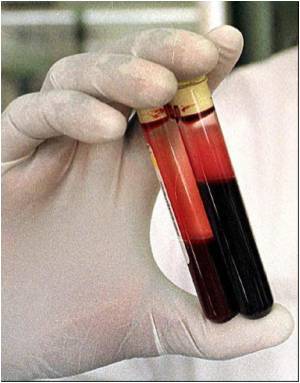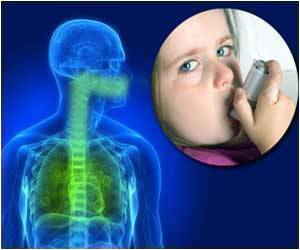Scientists say they have a new candidate for treating diseases ranging from food poisoning to cancer - termed 'bacterial dirigibles'.

"We're building a platform that could allow bacterial dirigibles to be the next-generation disease fighters," said study leader William E. Bentley, Ph.D. "The concept is unique."
Bentley explained that traditional genetic engineering reprograms bacteria so that they produce antibiotics, insulin, and other medicines and materials.
The bacteria grow in nutrient solutions in enormous stainless steel vats in factories. They release antibiotics or insulin into vats, and technicians harvest the medicine for processing and eventual use in people.
The bacterial dirigible approach takes bioengineering a step further. Scientists genetically modify bacteria to produce a medicine or another disease-fighting substance. Then, however, they give the bacteria a biochemical delivery address, which is the locale of the disease. Swallowed or injected into the body, the bacteria travel to the diseased tissue and start producing substances to fight the disease.
Bentley chose the term 'bacterial dirigibles' because the modified bacteria actually have the fat-cigar look of blimps and zeppelins, those famous airships of yesteryear. In addition, the bacteria seem to float like a blimp as they make deliveries.
Advertisement
Source-ANI









